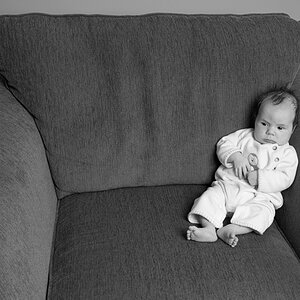EhJsNe
TPF Noob!
- Joined
- Nov 23, 2008
- Messages
- 618
- Reaction score
- 1
- Location
- A Riverside Town by Canada
- Can others edit my Photos
- Photos OK to edit
chances are they are only 12 years old too.........
its not that foolish = its how a majority of the internet functions and is percived by people - information on it is seen as free property to be taken and used for any means. Heck just look at avatars on forums most are of images people do not legally own or have any right to use.
Welcome to the internet - may I take your coat and your bank account details please
Thats great!
 :lmao:
:lmao:










![[No title]](/data/xfmg/thumbnail/33/33342-79274d7e5cdf3e52939255e1cd89f2d0.jpg?1619735911)

![[No title]](/data/xfmg/thumbnail/41/41763-0bab4b330c52691d3fe616ed090ace09.jpg?1619739885)